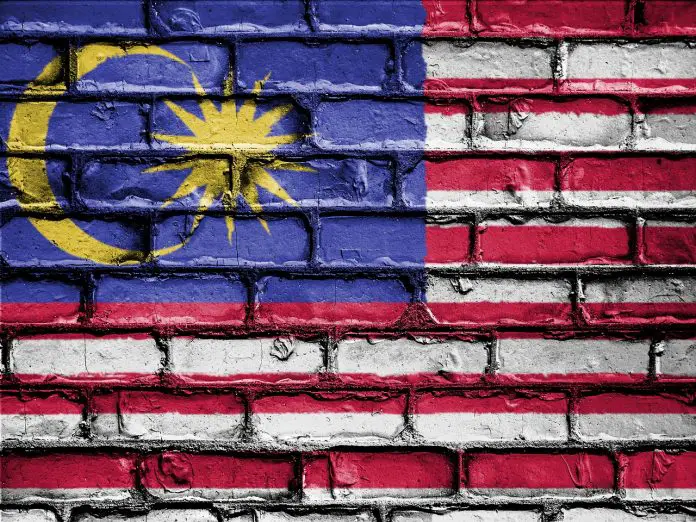Anyone who was raised in Malaysia will be familiar with Manglish, which often mixes various languages. This article, however, touches on English terms that wouldn’t necessarily be used anywhere else, at least not with the same meaning. Are any of these terms familiar to you? Add more in the comments!
1) Sky Juice
Back in the 90s, sky juice was a common term at certain fast food outlets, when a customer was requesting for plain water. The origins of the term itself are unclear, though an article printed in a local daily states that it is indeed Malaysian slang term. Hilariously, ordering sky juice in The Bahamas will get you an alcoholic drink instead.

2) Outstation
Technically, outstation means a literal station, that’s often placed in a remote location. That’s the official dictionary definition anyway. Here though, it means something entirely different. We use it to mean out of town or out of state. Though it’s commonly used here, it’s apparently used in Singapore and India to mean the same thing as well.

3) Company Chop
This one is rather cringe-worthy, particularly for anyone who’s a stickler for proper language. We really should be saying rubber stamp, but for some reason, chop has become widely used. It’s quite common to hear someone asking for a chop in a Malaysian office, and this has nothing to do with wanting to be axed or eating lamb chops.

4) Handphone
Handphones are seen all around the world, but only those on our side of the world (in Southeast Asia) refer to them as such. Everywhere else, it’s cell phone, or mobile phone, but we, of course, simplified matters by calling it a handphone. While it’s not an incorrect term at all, we can understand how our foreign friends might be confused by it.

5) Blur
No, not the band. The Oxford definition of the word refers to anything that isn’t clear or distinct. Interestingly, they’ve already included the alternative meaning for it – the one we use here to refer to someone who is a little confused or naïve at times. It’s pretty cool to know words used in an Asian context are gaining momentum on an international level.

6) Kopi-O License
Kopi-O is a beloved Malaysian drink – black coffee without sugar. In a Malaysian context, when paired with “license”, it’s often used against terrible drivers. So, the next time you run out of curse words on the road, perhaps you can adopt this “clean” insult for a change.

7) Ady
“I reached ady”. It’s probable you’ve heard this one too many times in Malaysia. It’s a rather clever contraction of “already”, which some Malaysians evidently decided is a few syllables too long. Hence “ady” or even “dy”, to shorten it further. Now, who can say Manglish is a bad thing when it offers us simpler terms like this?

8) Half-past six
The only time you’d see this term in an international context nowadays would be where telling the time is needed. Otherwise, it just isn’t commonly used. There are some sources that refer to it being used in a derogatory context internationally though. Here, it usually is evoked when a job has been done shoddily.

https://www.facebook.com/tallypressmy/















